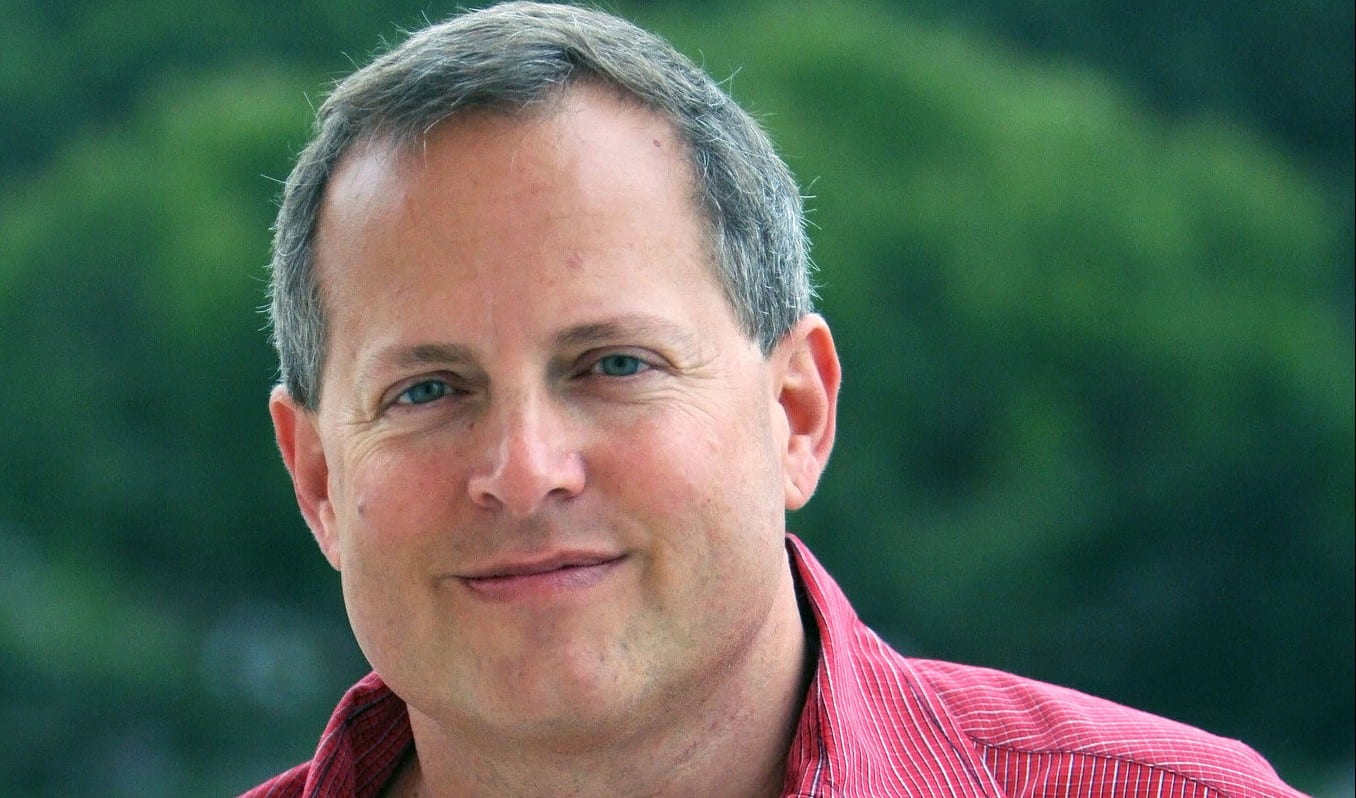Political science study co-authored by UCI debunks idea of public opinion backlash
Does putting same-sex marriage in the public spotlight impede future policy gains for gay and lesbian couples? A new study says no, contrary to previous research on the topic. The findings, which appear in the American Journal of Political Science, should bring hope to marginalized groups that may otherwise be dissuaded from pursuing public change, said Charles Anthony Smith, UCI associate professor of political science and study co-author.

Irvine, Calif., June 1, 2015 — Does putting same-sex marriage in the public spotlight impede future policy gains for gay and lesbian couples? A new study says no, contrary to previous research on the topic.
The findings, which appear in the American Journal of Political Science, should bring hope to marginalized groups that may otherwise be dissuaded from pursuing public change, said Charles Anthony Smith, UCI associate professor of political science and study co-author.
“Public opinion backlash is the idea that an angry public lashes back after a controversial law is passed, thus making it more difficult for minority groups to achieve their political and policy objectives,” he said.
While public opinion backlash is considered a long-accepted phenomenon in politics, Smith and his colleagues were dubious because few studies had tried to empirically substantiate it. So they put the concept to the test, using attitudes toward same-sex marriage. The team surveyed more than 2,400 individuals in early June 2013, asking questions about political knowledge, opinions on equality, and feelings about gays and lesbians.
On June 26 that same year, the U.S. Supreme Court made two key rulings in favor of gay rights by declaring unconstitutional Section 3 of the Defense of Marriage Act (which limited same-sex couples’ access to federal benefits) and by letting stand a lower-court decision overturning California’s Proposition 8 (which banned previously voter-approved same-sex marriage).
The researchers repeated the survey for three days after the legal actions to gauge any changes in opinion. Across demographic groups, they found no significant difference in attitudes among the general public, members of groups that openly disagreed with the rulings, or people with psychological traits that would predispose them to lash back.
Smith noted that “disadvantaged minorities are always told to go slow, because if they go too fast in seeking their rights, they will cause the public to turn against them.” However, he said, “we show this is simply not the case, and rights should be demanded without hesitation.”
The study appears online at http://onlinelibrary.wiley.com/doi/10.1111/ajps.12181/abstract.
Co-authors are Benjamin G. Bishin, professor of political science at UC Riverside; Thomas J. Hayes, assistant professor of political science at the University of Connecticut; and Matthew B. Incantalupo, a Ph.D. candidate in politics and social policy at Princeton University.
The work has received two awards from the American Political Science Association: the 2015 Law & Courts Section Best Conference Paper Award and the 2014 LGBT Caucus Bailey Award for best paper on an LGBT topic.
About the University of California, Irvine: Currently celebrating its 50th anniversary, UCI is the youngest member of the prestigious Association of American Universities. The campus has produced three Nobel laureates and is known for its academic achievement, premier research, innovation and anteater mascot. Led by Chancellor Howard Gillman, UCI has more than 30,000 students and offers 192 degree programs. It’s located in one of the world’s safest and most economically vibrant communities and is Orange County’s second-largest employer, contributing $4.8 billion annually to the local economy. For more on UCI, visit www.uci.edu.
Media access: Radio programs/stations may, for a fee, use an on-campus ISDN line to interview UC Irvine faculty and experts, subject to availability and university approval. For more UC Irvine news, visit wp.communications.uci.edu. Additional resources for journalists may be found at communications.uci.edu/for-journalists.